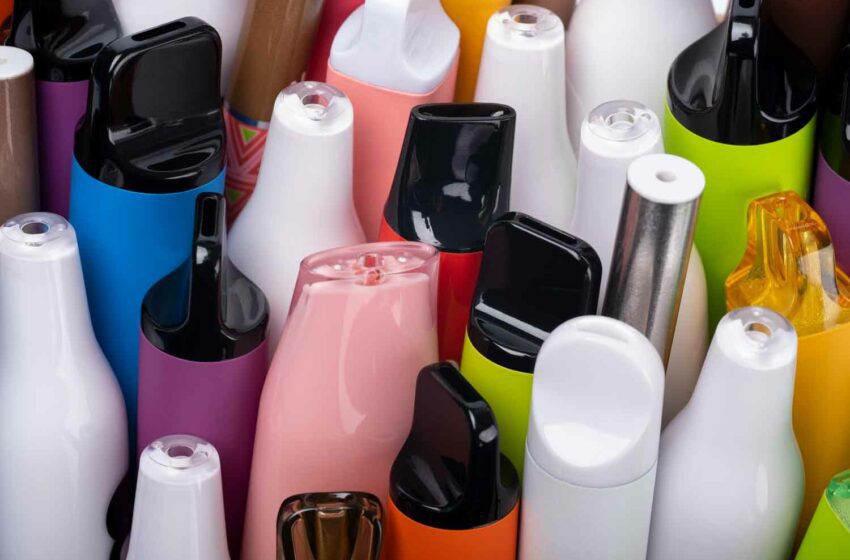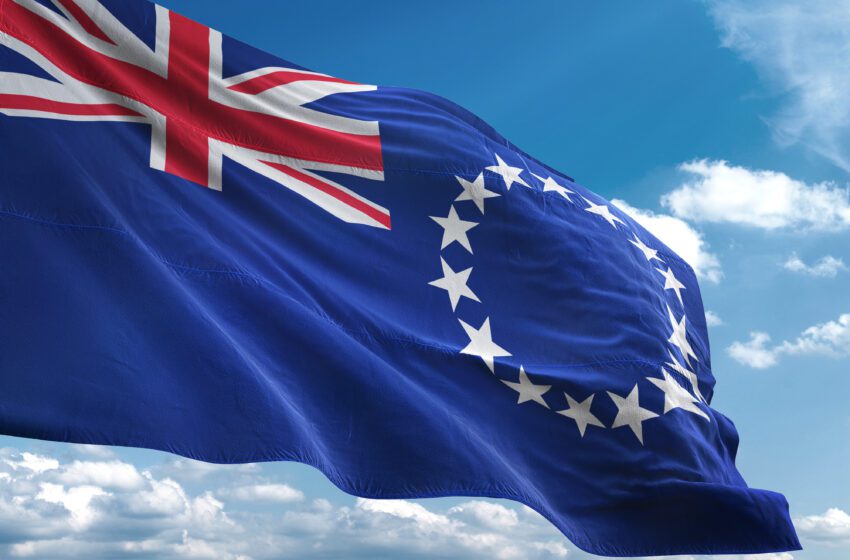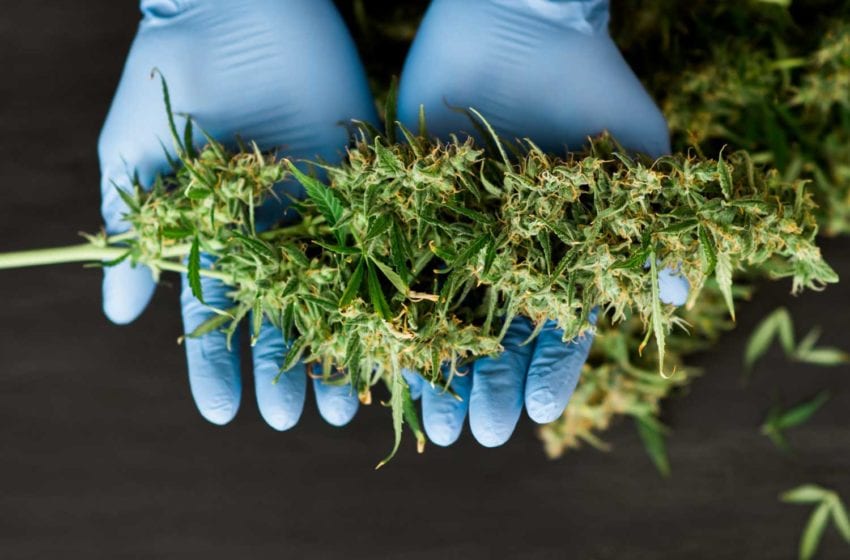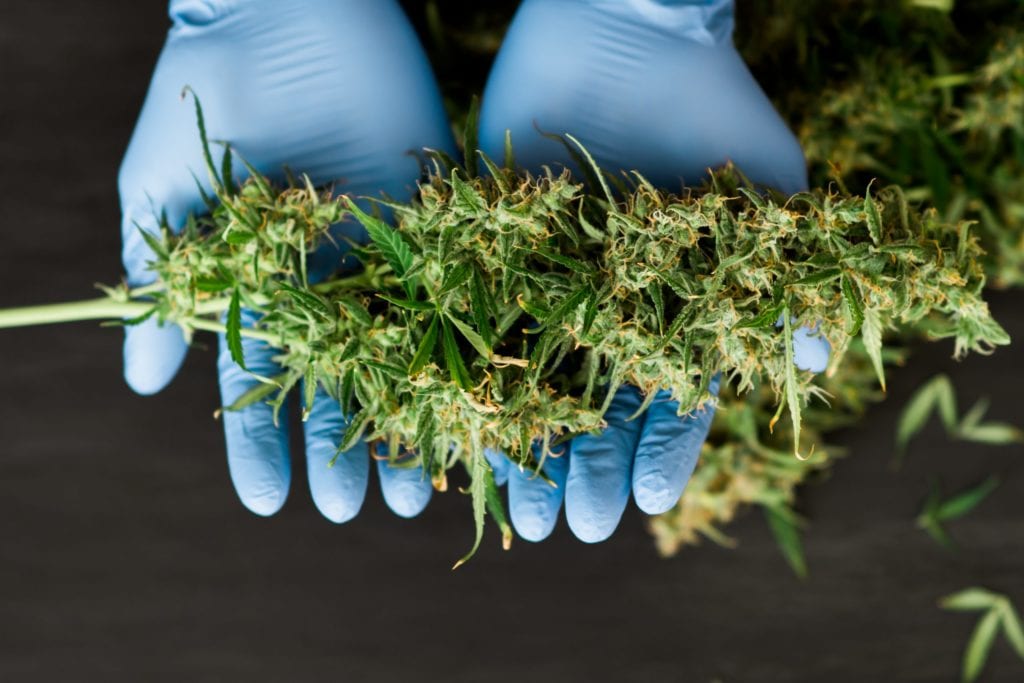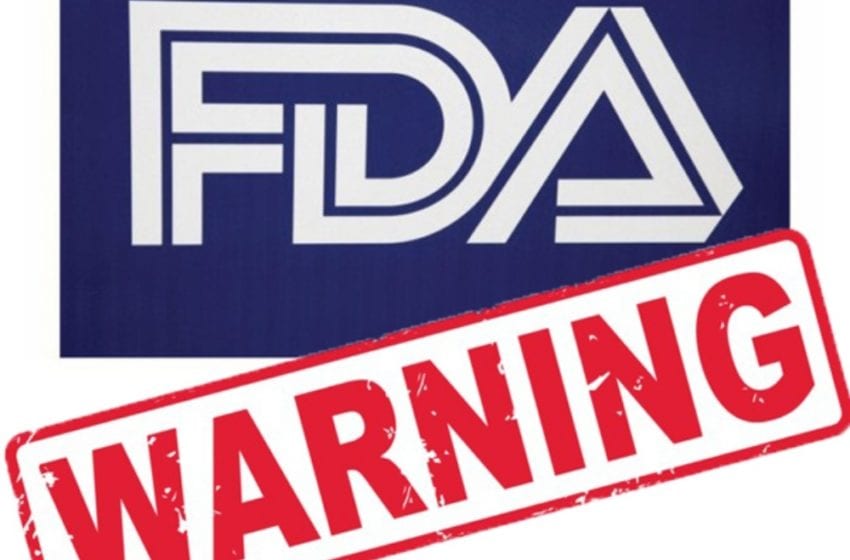
Premarket tobacco product application (PMTA) registry bills in the United States are harmfully limiting options for people seeking to quit cigarettes, according to critics.
The bills, which restrict sales to products that have either been authorized by the Food and Drug Administration under the PMTA pathway or are undergoing that process, have been spreading rapidly around the nation, according to Filter.
Alabama, Louisiana and Oklahoma already have PMTA registry bills in force while laws in Kentucky, Utah and Wisconsin are set to take effect in 2025.
To date, the FDA has authorized only a handful of e-cigarettes, all of which are owned by tobacco companies. The remaining vapes on the market are sold unauthorized and often imported from China. Limited FDA enforcement has prompted many states to step in with registry bills.
Tobacco harm reduction advocates have long condemned the PMTA process as excessively onerous. They point out that it’s easier to bring new cigarettes to market than it is to gain authorization for safer vapes that can replace them.
Tobacco companies are supporting PMTA registry bills in what critics say is a bid to dominate the market at the expense of people who smoke.
“Most legislators do not understand that PMTA registries aim to ban the sale of the vast majority of vaping products used by adults in their state,” said Greg Conley, director of legislative and external affairs for the American Vapor Manufacturers trade organization. “They think they are fighting Chinese scofflaws, but really they are making life worse for their own voters.”

